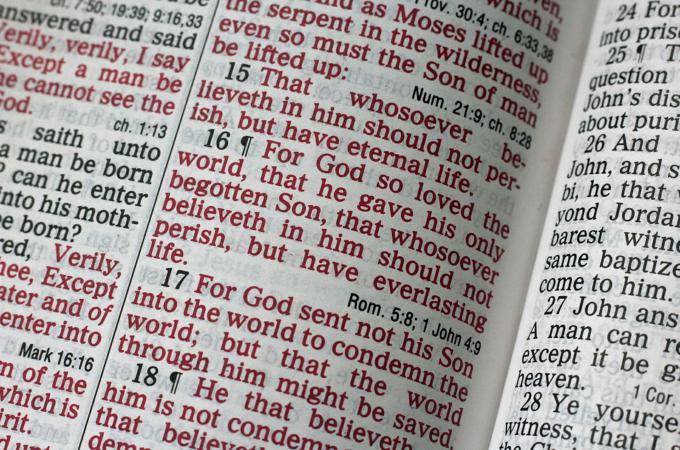Grateful for everything
Thanksgiving is an awesome time of year. A time to take stock, at harvest season, of all the good things -- family, friends, peace, prosperity -- in our lives, and to be grateful to God and to others for them. And to recognize that even the things that are unpleasant or even physically or morally evil -- such as possible health issues, aging, the loss of loved ones due to death (November is also the month of remembering the faithful departed), the scourge of unemployment or underemployment, the current grave scandals in the Church, or the divisiveness and dysfunction in our political life -- are at least permitted by God for our greater ultimate good. The bad things are a constant opportunity to live a supernaturally-grounded joy and to show greater love and forgiveness towards our neighbors, whoever they may be.
Ultimately, of course, our faith is in God, in Jesus Christ, and not in churchmen. As Phil Lawler noted in his excellent new book, "The Smoke of Satan," quoting the great Frank Sheed, "'We are not baptized into the hierarchy, do not receive the cardinals sacramentally, will not spend eternity in the beatific vision of the pope.... Christ is the point.'" One of the great features of the Catholic Church is that we can receive valid sacraments regardless of the personal worthiness of the minister. And so, we can receive our Lord in the Holy Eucharist, be forgiven in his name in the confessional, be validly baptized and confirmed, have our marriages solemnly witnessed, and so forth, even if the priests are in a state of sin. And of course there are many Christians, priests among them, who are saints -- canonized and not yet canonized but who could be or will be recognized as such in the future.
Even as to the pope, Cardinal Ratzinger said before he himself became Pope Benedict XVI, when asked in 1997 whether the Holy Spirit is responsible for who gets elected pope, said, "I would not say so, in the sense that the Holy Spirit picks out the pope ... I would say that the Spirit does not exactly take control of the affair, but rather like a good educator, as it were, leaves us much space, much freedom, without entirely abandoning us. Thus, the Spirit's role should be understood in a much more elastic sense, not that he dictates the candidate for whom one must vote. Probably the only assurance he offers is that the thing cannot be totally ruined. There are too many contrary instances of popes the Holy Spirit obviously would not have picked!" And to be honest, most if not all the popes of my lifetime either were canonized or could be canonized, unlike in other centuries of Church history.
As to the Church, we have our Lord's promise that he will be with us until the end of the world. And so he is, in so many ways: in the Blessed Sacrament, in the Holy Sacrifice of the Mass, in valid absolution from our sins, in the poor, in the sick and those in prison. All of this is ample reason for gratitude. But we need the eyes of supernatural faith, hope and charity to see beyond the sinfulness that mars creation, while also atoning for our own sins and those of others. As my patron St. Josemaria Escriva said when reciting the Creed, "I believe in the Holy Catholic Church, in spite of everything!" (meaning your sins and mine). We should be grateful that God is always forgiving if we are sorry, like the father in the parable of the Prodigal Son. He loves us too much to hold grudges. Everything, even our sins, if repented of, can contribute to our becoming holy. To the extent that sins of churchmen are finally coming to light, that, too, is a reason for thanksgiving and an opportunity for repentance. Deo gratias!
- Dwight G. Duncan is professor at UMass School of Law Dartmouth. He holds degrees in both civil and canon law.



















